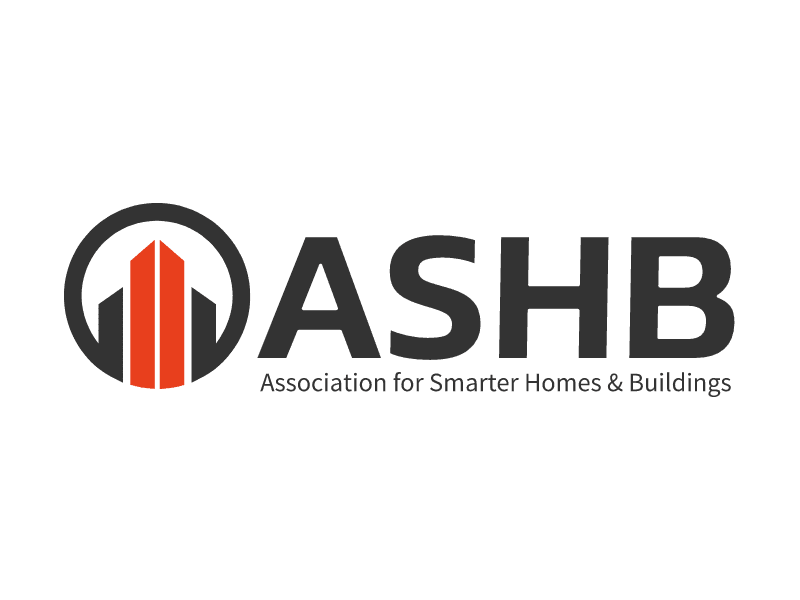Published by Northeast Energy Efficiency Partnerships (NEEP), authored by Dragana Thibault et al. | December 2024
This report explores how modern energy codes affect the cost and long-term affordability of residential construction. Drawing on data from Pacific Northwest National Laboratory (PNNL), HUD, and various state programs, it evaluates energy code cost-effectiveness using lifecycle cost, cash flow, and payback period analyses. The paper highlights the advantages of advanced and stretch codes, including lower utility bills, improved indoor air quality, and reduced retrofit expenses, particularly for renters and low-income households. While acknowledging higher upfront costs, the report concludes that well-structured energy codes can deliver long-term savings, resilience, and greater housing equity.
Keywords:

